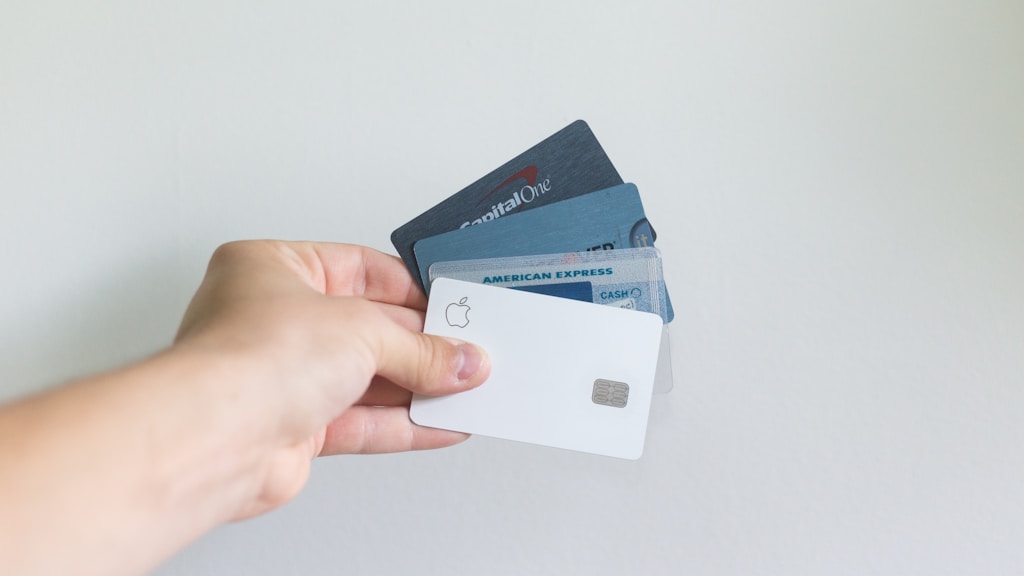Are you another Thomas Cook waiting to happen?
The stories about what happened and why, are dominating the news, along with the horrendous impact this is having on their customers and suppliers. As an accountant, I would suggest the culprits are two-fold and the purpose of this blog is to help you – by shedding light on them – so you don’t find yourself following the other countless businesses who go bankrupt every day; it’s just the big ones that make the headlines.

What are the two primary reasons for bankruptcy?
-
Change
-
Debt

 However, a less obvious cost is the risk businesses are taking when they choose to pay today’s debt with tomorrow’s money. This is why some businesses can endure a change in their industries easily where others crash and burn. Examples include invoices paid from next month’s sales, tax bills paid from next year’s sales and/or loans paid from the next four year’s profits.
However, a less obvious cost is the risk businesses are taking when they choose to pay today’s debt with tomorrow’s money. This is why some businesses can endure a change in their industries easily where others crash and burn. Examples include invoices paid from next month’s sales, tax bills paid from next year’s sales and/or loans paid from the next four year’s profits.



